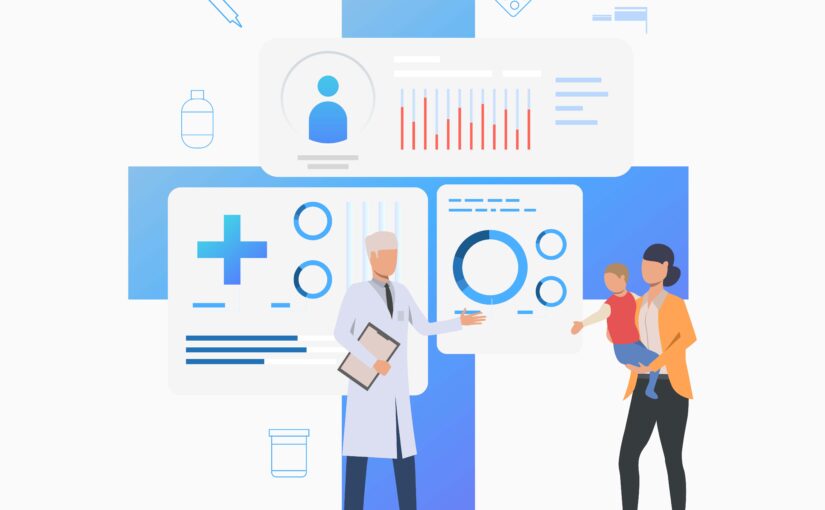Artificial Intelligence has emerged as an integral force in the global digital health industry, transforming the way healthcare data is analyzed and diseases are diagnosed. AI and machine learning hold the promise of delivering more personalized and accessible healthcare. In this article, we will have a deeper look into some of the innovations AI technology is expected to bring about, exploring the opportunities and challenges that accompany its disruptive potential.
Early Disease Detection through Medical Image Analysis
As AI continuously evolves, its potential applications in healthcare are enormous. One notable area is the early detection of diseases. Recent studies showcase the efficacy of various AI methods, including machine learning and deep learning, in significantly improving the accuracy of diagnosing and preventing diseases. For instance, AI techniques have demonstrated impressive results in the early detection of breast cancer through the analysis of medical images, aiding specialists like radiologists in identifying abnormalities.
Personalized Medicine and Predictive Analytics
AI is empowering the development of personalized medicine. By analyzing an individual’s unique genetic profile, medical history, and other relevant data, AI can offer tailored recommendations for treatment plans. Based on these AI-generated insights, clinicians can optimise the timing and dosage of medications that the patient receives.
Predictive analytics, a statistical technique leveraging AI to analyze current and historical data, enables healthcare professionals to identify patient risks of developing certain conditions or diseases and take preventive actions. Ongoing studies are refining AI models for improved prediction of conditions like diabetes.
Drug Research and Discovery Acceleration
The process of discovering and developing a drug is highly time-consuming and average costs amount to USD 1.3bn, with nine out of ten therapeutics failing to reach regulatory approvals. AI has the potential to dramatically speed up the process and reduce costs: By processing vast datasets, AI algorithms can predict potential compounds and assess their effects, thereby shortening drug development timelines. AI-based tools are already in use for drug screening and development which predict properties of compounds and bioactivity or forecast interactions with drug targets.
Challenges
While the applications of AI in healthcare showcase exceptional potential to improve patient outcomes, there are still barriers to overcome to ensure that AI-based systems can be leveraged properly and safely. In addition to the technological issues that must be addressed given the sheer scale and complexity of the data sets, it is critical to ensure that the data used to train the models is unbiased to avoid discrimination. Stringent privacy standards should be employed to safeguard the confidentiality of patient data.
Furthermore, ethical considerations are vital to keep pace with the technology: If an AI makes an incorrect diagnosis, who will be held accountable? Is it the AI developers or the healthcare professionals who use it? A safety-first, human-first approach is necessary, emphasizing that AI should empower humans rather than replace them.
To explore start-ups and companies working on AI solutions with the goal of revolutionizing the healthcare sector, read our article on AI-driven companies covered in Biotechgate.


